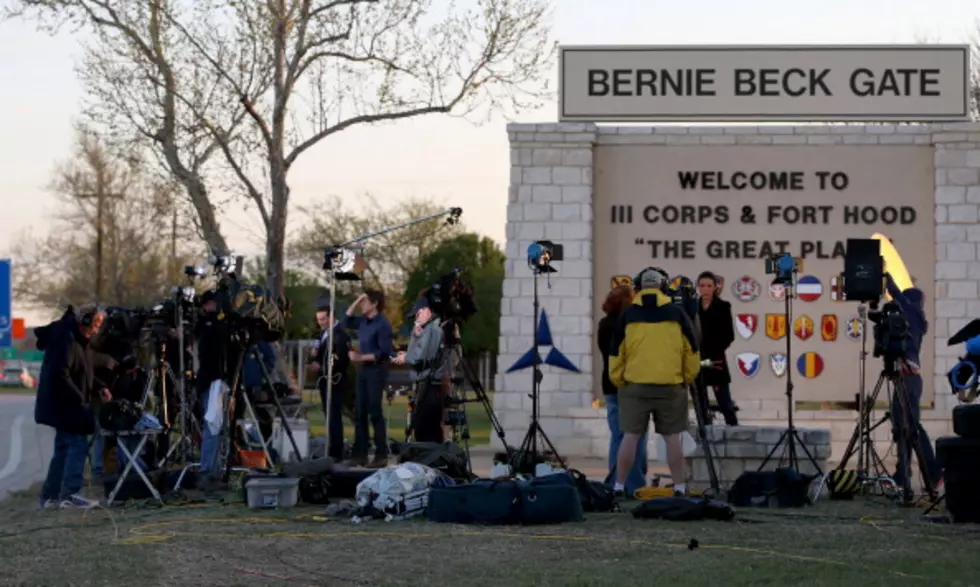
Remembering Rwanda
KTEM-- Monday marked the 20th anniversary of the Rwandan genocide, an ethnic cleansing that left nearly one million dead in 100 days.
In 1994, under pressure from local officials and the Hutu government, members of the Hutu majority took up arms against their neighbors, the Tutsi minority.
“About eight hundred thousand people were murdered during those six weeks, making the daily killing rate at least five times that of the Nazi death camps,” said John Rucyahana in The Bishop of Rwanda.
Tutsi children were stabbed in the streets with machetes as neighborhoods transformed into war zones. An estimated 2 million refugees were forced to relocate. The brutal killings caused governments and activists to say ‘never again,’ a broken echo heard countless times after the Holocaust.
“If the world has learned anything from the horrific tragedy of Rwanda and all previous genocides, we must not commit the same mistake again,” former U.S. representative Tom Allen said.
However, as seen in the recent conflicts in the Central African Republic, Syria and Sudan, it seems ‘never again’ is a promise that just won’t stick.
“The West's post-Holocaust pledge that genocide would never again be tolerated proved to be hollow," author Philip Gourvetich wrote in his book on the conflict.
"For all the fine sentiments inspired by the memory of Auschwitz, the problem remains that denouncing evil is a far cry from doing good.".
Governmental resolutions may look good on paper, but they do little to help the realities of the estimated 150,000 murdered in Syria or over 10,000 in Sudan.
“The world has yet to fully overcome its divisions, its indifference, its moral blind spots,” the United Nations secretary general, Ban Ki-moon said at an anniversary speech in Kigali.
The fight to end genocide is a long and intricate process but most activists agree the problem won’t be fixed until people overcome ignorance and apathy.
"I came to a conclusion that the peril threatening human kind today is indifference, even more than hatred,” Holocaust survivor Elie Wiesel as quoted in an NPR article.
"Indifference is nothing, but indifference to hatred is encouraging hatred, is justifying hatred. So what we must do — I mean your peers and mine – is fight indifference.”
Countries at Risk of Genocide
“We must take sides. Neutrality helps the oppressor, never the victim. Silence encourages the tormentor, never the tormented.
-Elie Wiesel, author and Holocaust survivor in his Nobel acceptance speech.
More From KTEM-AM

![Chili’s Cancels Autism Fund-Raiser for Controversial ‘Anti-Vaccination’ Group [POLL]](http://townsquare.media/site/757/files/2014/04/doctor-patient-vaccine1.jpg?w=980&q=75)









